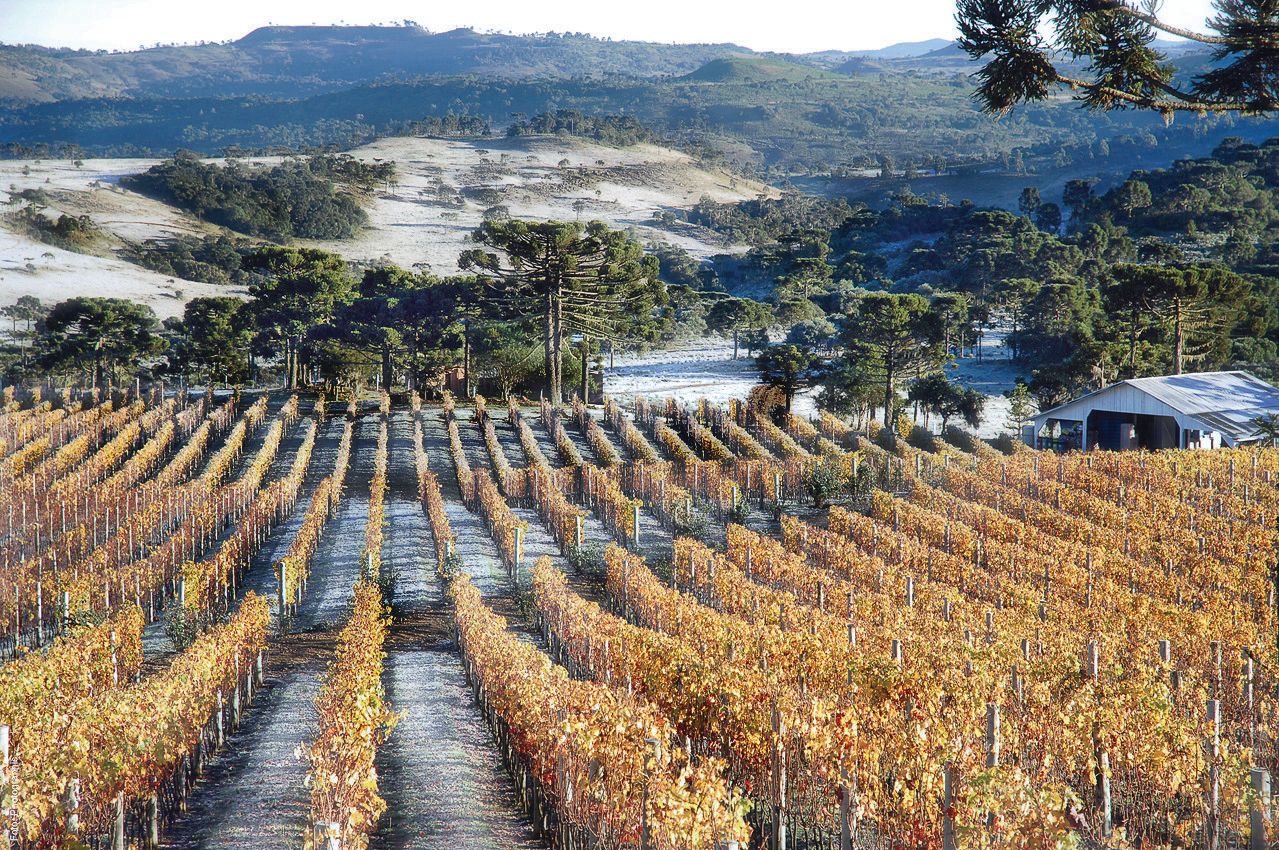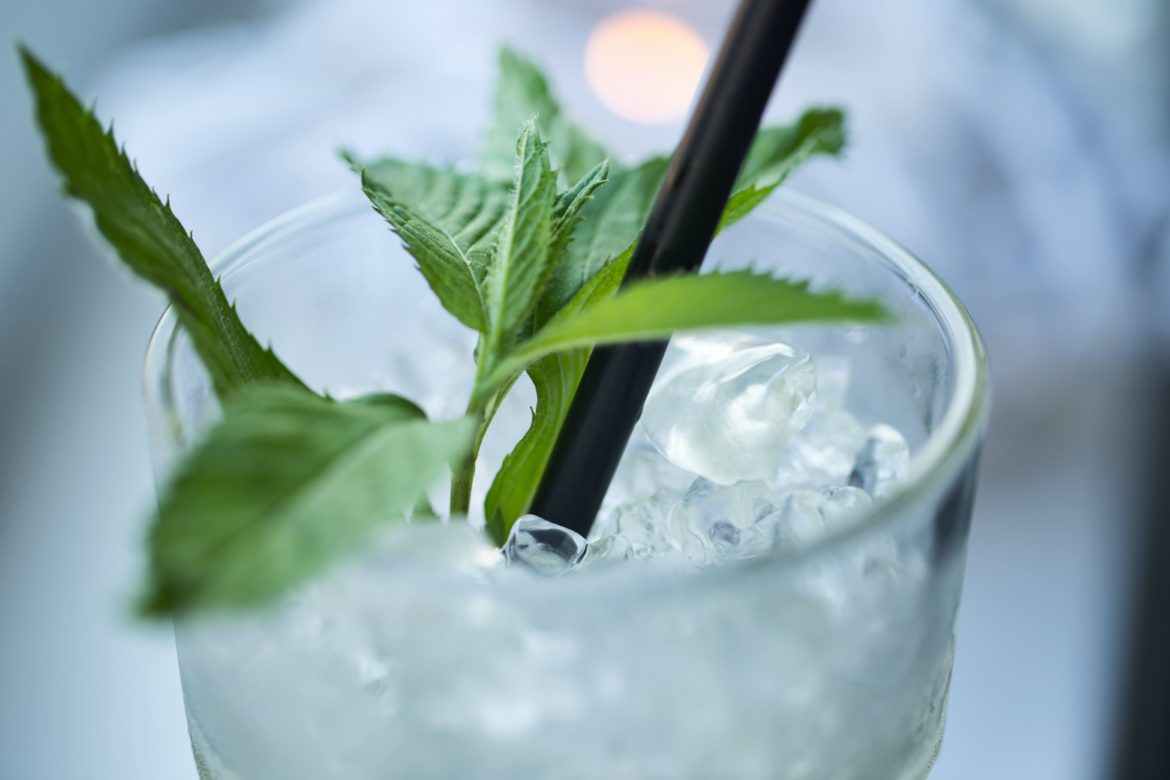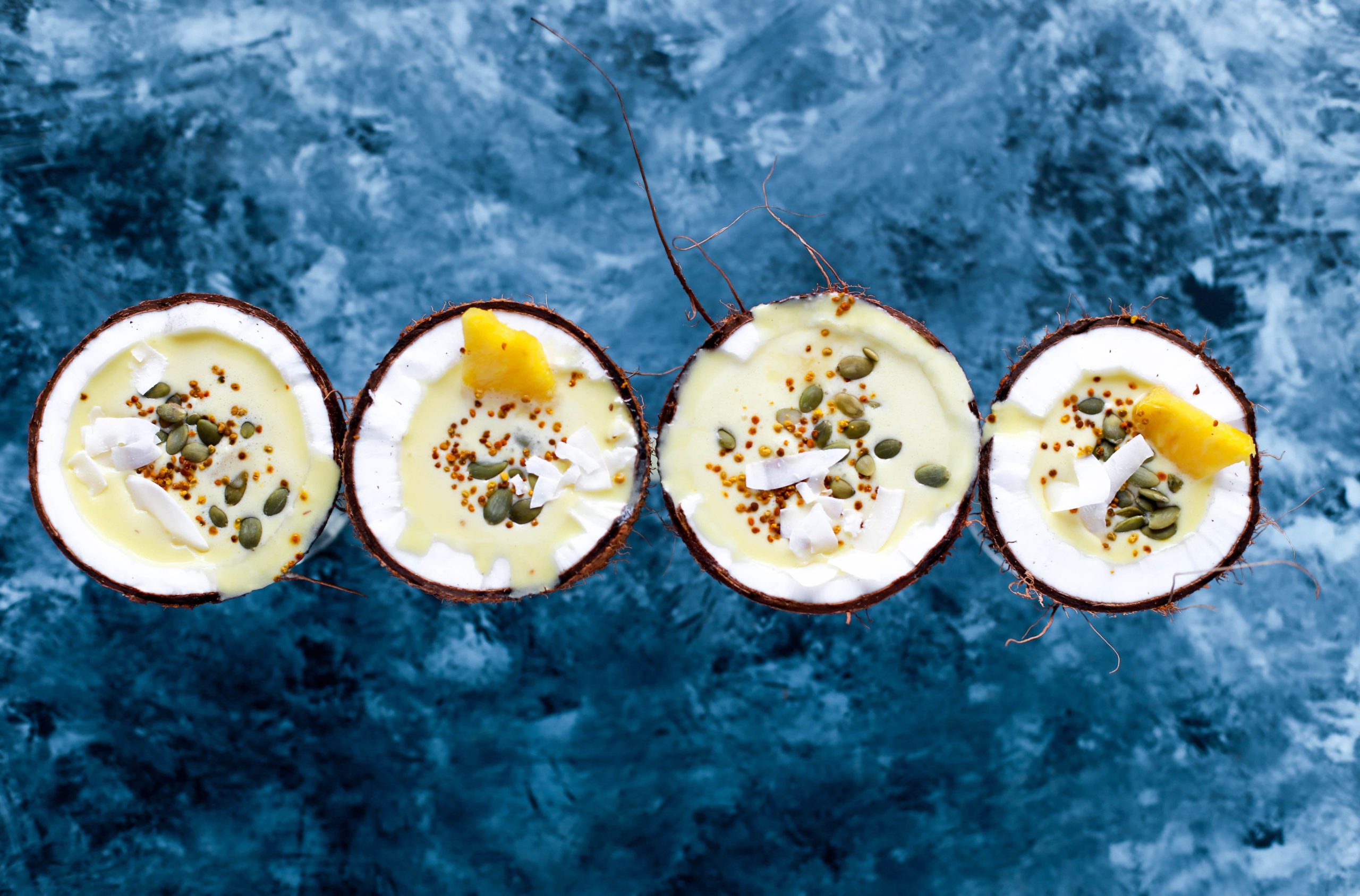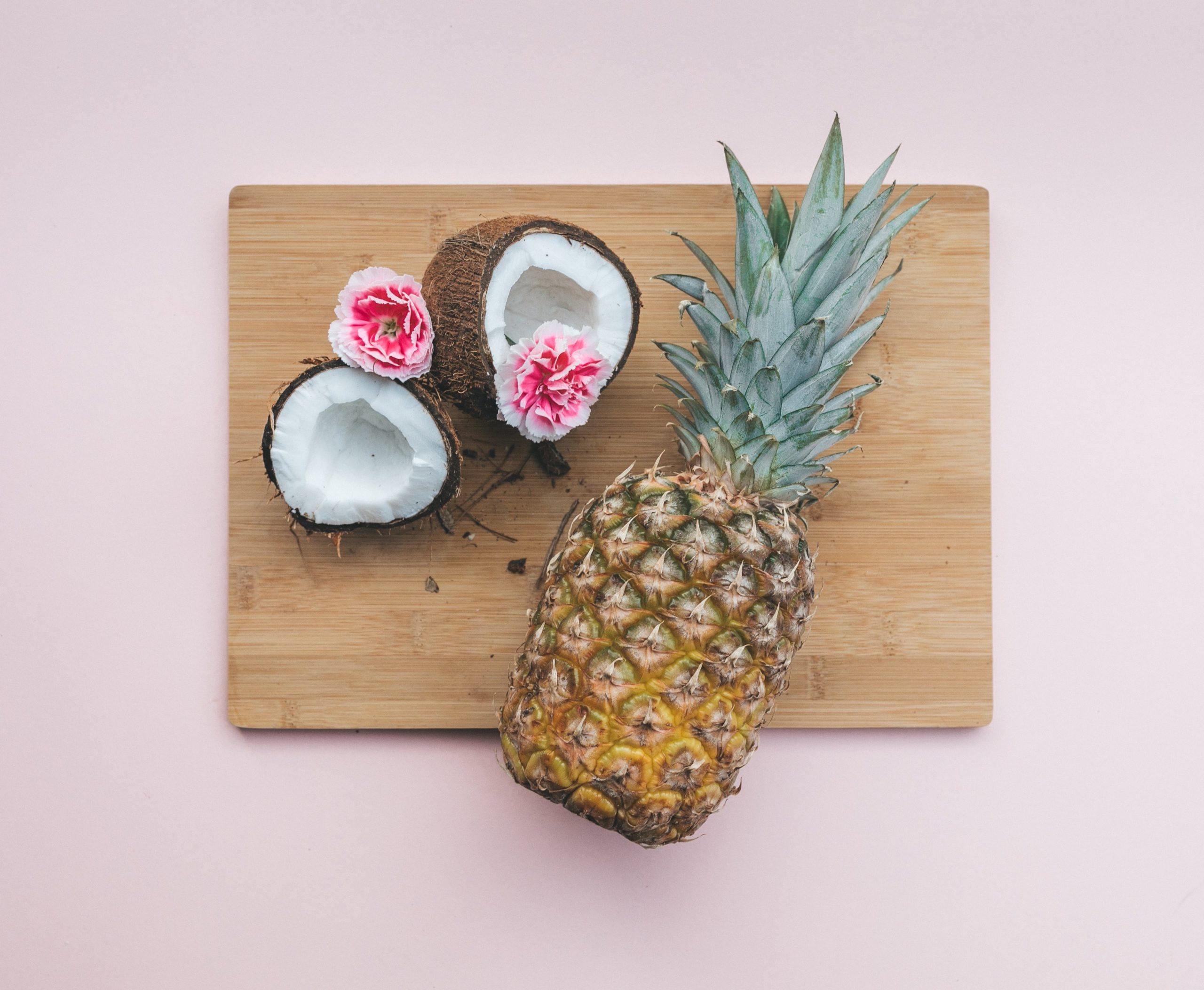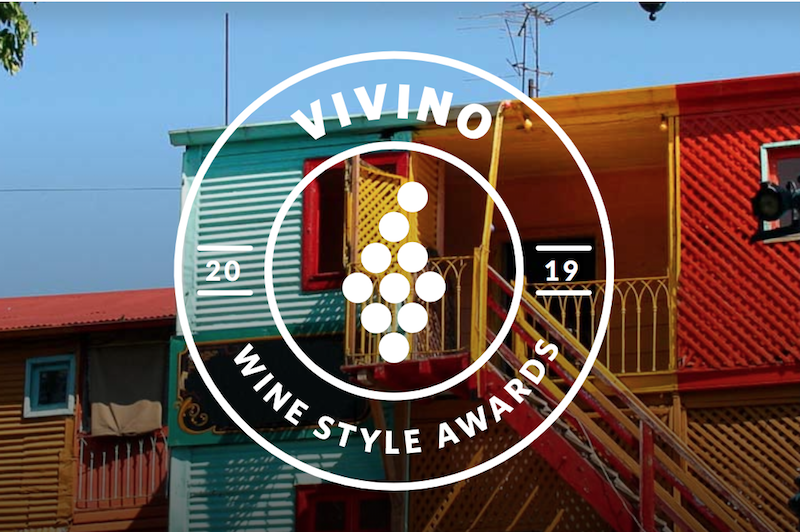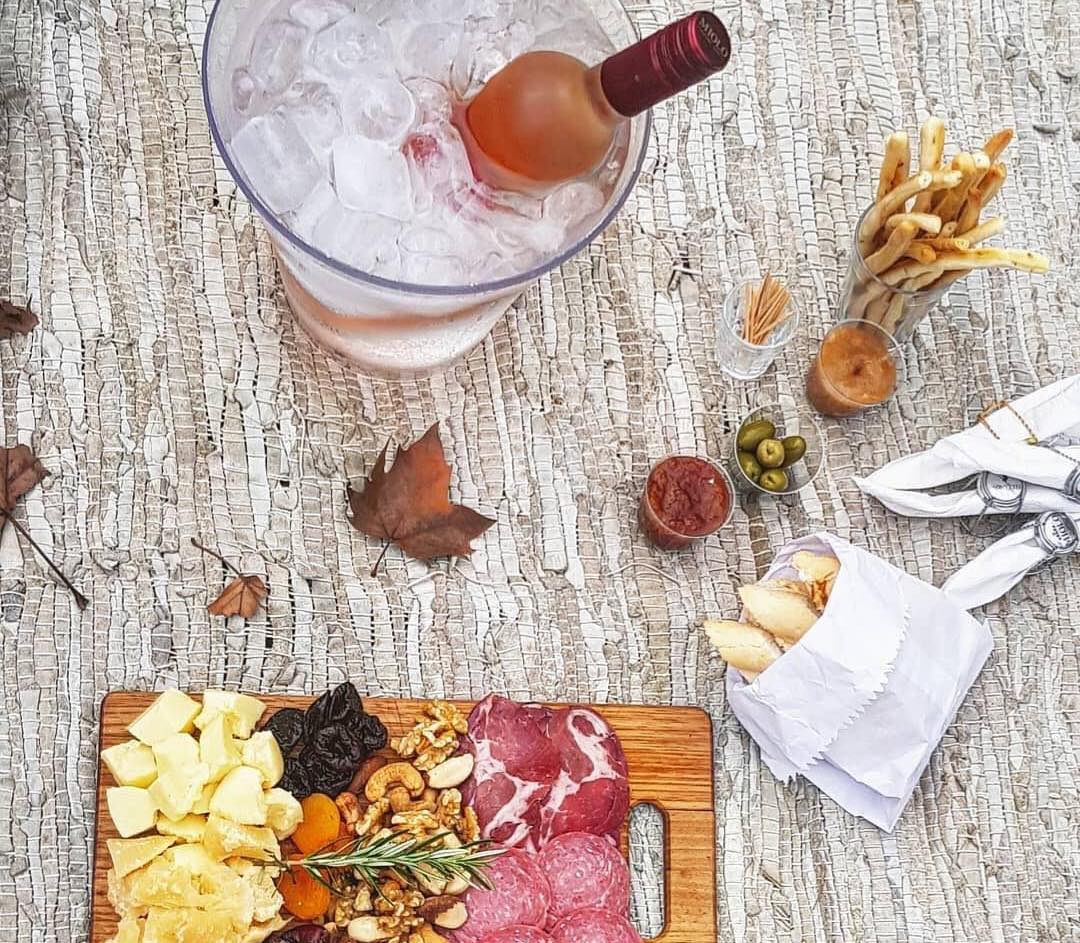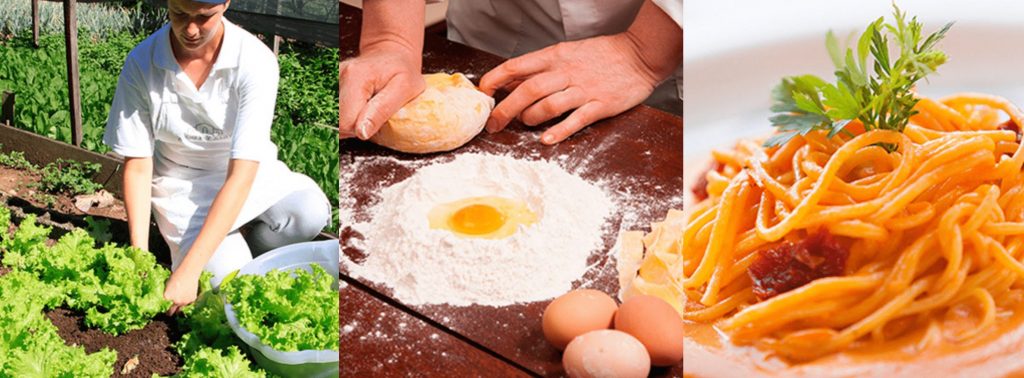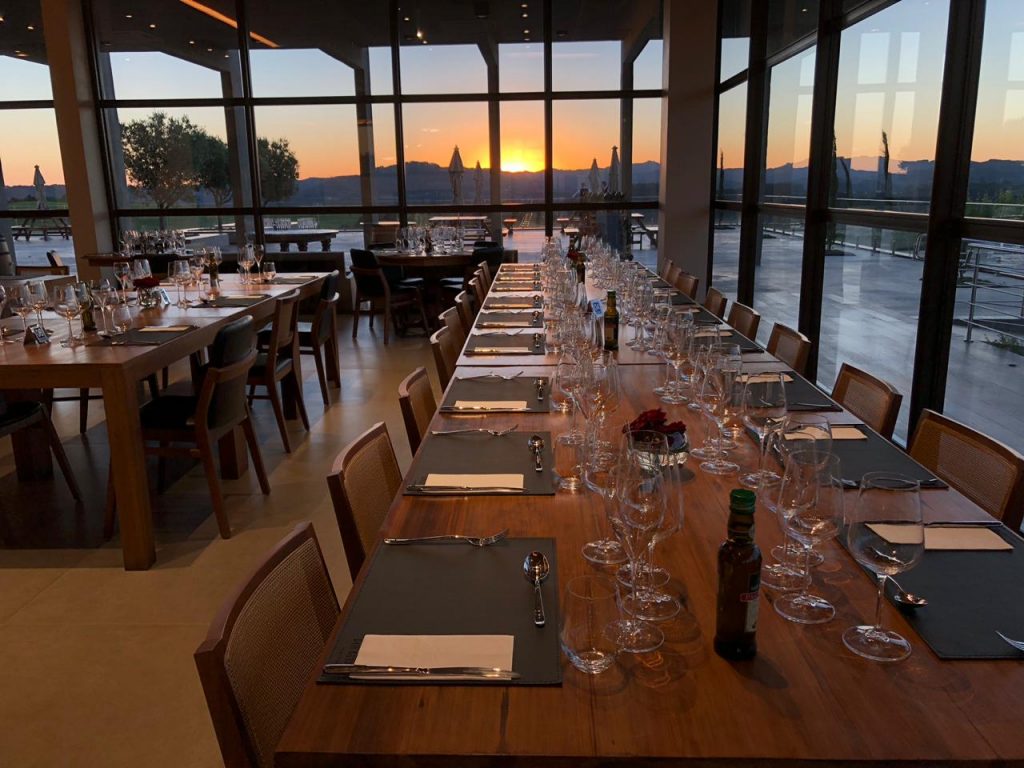The gorgeous state of Santa Catarina is best known for its stunning beaches on Santa Catarina island and the cosmopolitan, beachside capital of Florianópolis. But this rather small state, which is sandwiched between Paraná to the north and Rio Grande do Sul to the south, has many hidden gems in its rather less-explored inland area. If you can drag yourself away from the golden beaches and incredible surf on the coast, Santa Catarina has some rather high-altitude mountains that offer spectacular landscapes, adrenaline-fuelled climbing and some of the coolest temperatures in Brazil. Believe it or not, it actually snows here sometimes in winter — something not many Brazilian regions can claim!
The Serra Catarinense wine region & turismo do frio in Santa Catarina
The cool winters make it prime turismo do frio territory and also one of Brazil’s most exciting emerging wine regions. Known as the Planalto Catarinense or Serra Catarinense, almost all of Santa Catarina’s vineyards are planted on this high-altitude plateau of the Santa Catarina mountain range. Vineyard altitudes range from 900 to over 1,425 m.a.s.l. and are concentrated mainly between Campos Novos, Caçador and São Joaquim — one of the highest cities in the country. A few vineyards are also emerging around Água Doce, known as the Planalto de Palmas.
In the late 1960s, the Hiragami family from Japan pioneered apple-growing in the Serra Catarinense, which developed into a thriving apple industry. In 1999 Quinta da Neve planted the region’s first vineyard, and several other local families followed suit. The Hiragami family also planted a vineyard, not too far from their apple orchards, in 2006 which at 1,427 m.a.s.l. became Brazil’s highest vineyard at the time.
The reason the Serra Catarinense offers a good climate for both apples and grapes is the typically wide diurnal range, which is lacking in most of Brazil’s regions with their sub-tropical climate. The daily temperature range that comes from being at this altitude helps produce wines of character and quality. High-altitude viticulture in the Serra Catarinense has boomed and there are now some 400 hectares of vines here. An association of high-altitude producers, Vinhos de Altitude de Santa Catarina, is on a mission to establish an appellation for still and sparkling wines and is currently going through the approval process at Embrapa. The rare occurrence of snow in the region allowed Santa Catarina to produce Brazil’s first ever ice wine during a particularly cold winter in 2009.
Another benefit of the higher altitude and cooler temperatures is that berry maturation and sugar accumulation take place much more slowly and the harvest in the Serra Catarinense can be as much as two months later than that in Rio Grande do Sol, during April or even May, which are much drier and cooler months. However, while the temperatures and drier weather during the harvest season are a plus, the vineyards still have to address the challenge of high rainfall throughout the summer. Site selection is incredibly important, as growers need to find free-draining soils, which are mainly derived from basalt and volcanic rock.
As with Brazil’s other wine regions, Cabernet Sauvignon, Merlot and Chardonnay play an important role here. However, I’m more excited by the potential of Sauvignon Blanc. Despite its smaller size, Serra Catarinense is quite a hive of experimentation, with producers trialling a wide range of varieties and exploring a gamut of styles from sparkling to passito wines. There is also a handful of organic and biodynamic vineyards. As it is such a young region, it is still very much finding its feet but the early results are promising.
Most of these wines are consumed by tourists visiting the wineries during their turismo do frio expeditions, and there are notable wine shops in São Joaquim (including Casa do Vinho with its dedicated tasting room). Nonetheless, some wines are also finding their way into the most sophisticated wine bars and restaurants in Brazil.
Photos by Salton winery which has vineyards in Santa Catarina
